
All News


In North America, hepatocellular carcinoma (HCC) is one of only a few malignancies with an increasing incidence in recent years.[1]

The diagnosis and treatment of hepatocellular carcinoma (HCC) constitute a complex and challenging clinical paradigm.


Emerging as one of the many pieces to the puzzle is the adoption of pathways based on evidence-based medicine (EBM). It has long been theorized that the use of standardized care models not only improves the quality of care, but also reduces costs and makes costs more predictable.

The review by Drs. Boumber and Issa of epigenetic drugs that target human cancers nicely summarizes recent progress in this hot area and points out future lines of investigation.

Boumber and Issa provide a useful review of the development of agents that target the epigenome-primarily DNA methyltransferase (DNMT) inhibitors and histone deacetylase (HDAC) inhibitors.

More than 30 states are now either pursuing or contemplating legislation that will increase healthcare cost transparencies, and three bills relating to cost transparencies were introduced in Congress in 2010. Unfortunately, research on the effects of price transparency on healthcare systems is in its infancy, and little information is available for states to make these important legislative decisions.


In this review article we will discuss the current data on, and future role of, sorafenib in the treatment of hepatocellular carcinoma beyond Child-Pugh A cirrhosis, in conjunction with local therapy, and in a transplant setting.

The understanding that epigenetic changes are prevalent in cancer and play a causative role in its biology has led to the development of new therapeutic approaches that target the epigenetic machinery.
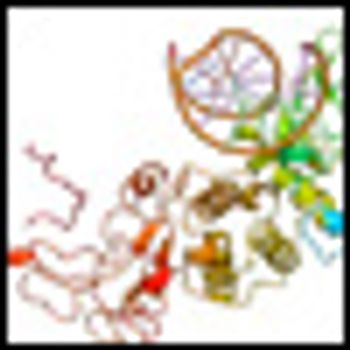
A model example of personalized cancer therapy that has demonstrated improved patient outcomes is the use of anti-HER2 treatment. Breast cancer patients screened via molecular diagnostics and identified as having amplification of the HER2 gene generally have a poorer prognosis, but show better responses to anti-HER2 treatment.

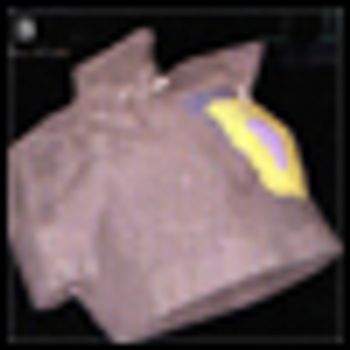
Adding a third dimension to the therapeutic field and reversing treatment planning may provide safer and more effective dose delivery, according to recent studies discussed at the Miami Breast Cancer Conference.
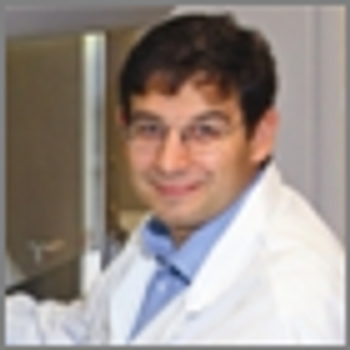
The combination of biomarkers and molecular pathology will aid oncologists in developing targeted treatments for breast cancer, according to Samuel Aparicio, MD, PhD, who will be delivering a presentation on recognizing breast cancer heterogeneity in targeted treatment at the Miami Breast Cancer Conference this week.

The journal ONCOLOGY presents exclusive on-site coverage of the 27th Annual Miami Breast Cancer Conference. Nationally recognized breast cancer specialist Harold J. Burstein, MD, PhD, Associate Professor of Medicine, Harvard Medical School provides expert insight into the optimal multidisciplinary management of patients with breast cancer and the application of innovative approaches to practice-coverage includes special emphasis on sessions dealing with the rapidly changing advances in the treatment of metastatic disease.

CancerNetwork presents exclusive on-site coverage of the 28th Annual Miami Breast Cancer Conference. We speak with nationally recognized breast cancer specialists and bring you their insights into the optimal multidisciplinary management of patients with breast cancer and the application of innovative approaches to practice-coverage includes podcasts on using genomic profiles to manage care, discussions on treating triple-negative and basal-cell breast cancer, and more.
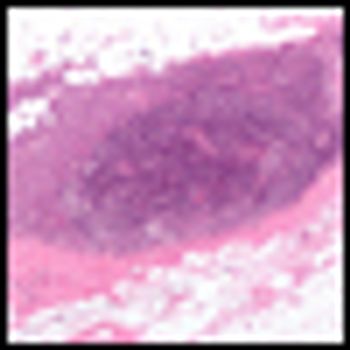
Axillary lymph node dissections (ALND) remain the standard of care for breast cancer patients that have sentinel lymph node metastases. However, the procedure carries the risk of serious complications such as infection, lymphedema, and seroma.
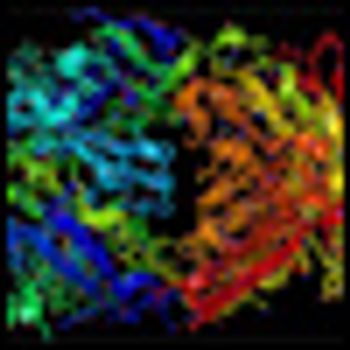
Results of a 4-year follow-up of patients on the Herceptin Adjuvant (HERA) trial have been published in March edition of Lancet Oncology.

Are genomic profiles refined enough that they should be used routinely to determine which breast cancer patients should receive adjuvant therapy? According to J. Michael Dixon, MD, who will be presenting the contra argument to this question in a debate at the Miami Breast Cancer Conference this week, the answer is: Not yet.

After the initial excitement over the potential of RNAi to target any cancer gene, the field is now being viewed with caution and a bit of skepticism. Delivery system issues need to be solved and substantial clinical data of patient responses from early-stage trials need to be shown for the field to look promising.
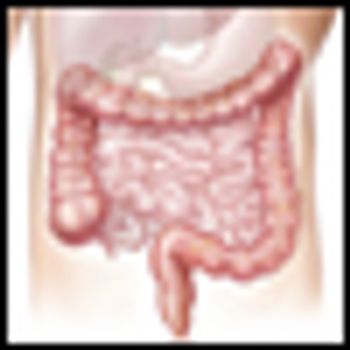
Colorectal cancer is one of the most commonly diagnosed cancers in the US, and it is the second leading cause of cancer-related deaths. The risk of developing colorectal cancer increases with age.
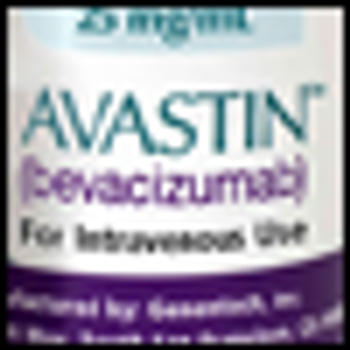
The Swiss pharmaceutical company Roche and Roche Group member Genentech have announced that addition of bevacizumab (Avastin) to chemotherapy improved progression-free survival over chemotherapy alone in the phase III OCEANS ovarian cancer study, meeting the study’s primary endpoint.
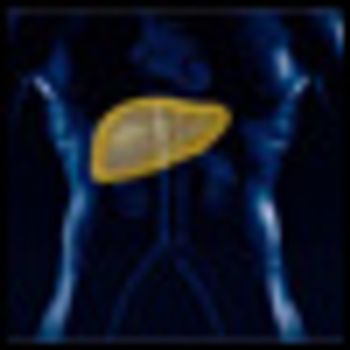
Questions over safety in Delcath Systems' chemotherapy delivery system for melphalan in the treatment of liver tumors caused the FDA to issue a refusal-to-file letter.
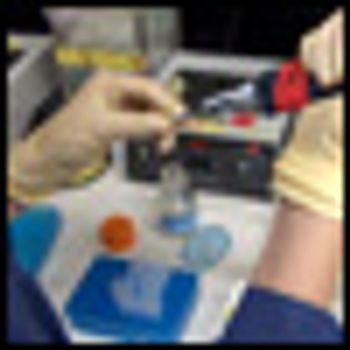
Pfizer’s crizotinib, an oral, selective, small-molecule inhibitor for non-small cell lung cancer (NSCLC) has gone remarkably fast from lab bench to late-stage trials and now to the FDA for review.
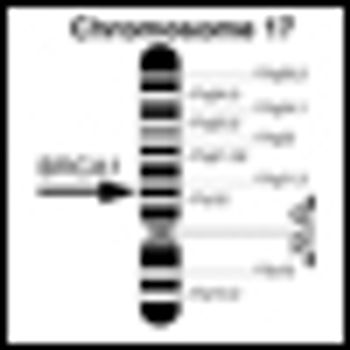
The draft human genome sequence was published in February 2001 and in 2011, scientists and clinicians are reflecting on the path that genomics has taken us and the paths we should be taking next.

There are about 12.7 million cancer cases globally every year, and this number is expected to increase to 26 million by 2030. The US has the 7th highest overall cancer rate in the world, according to age standardized estimates compiled by the Washington DC–based American Institute of Cancer Research (AICR) and the World Health Organization.a

Thanks to the widespread use of highly active antiretroviral therapy (HAART), AIDS patients continue to live longer after their initial diagnosis.
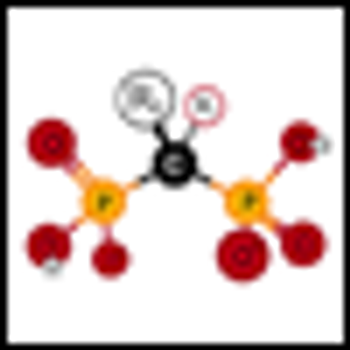
The use of oral bisphosphonates, typically used to treat osteoporosis and bone metastases in breast cancer, has recently been found to reduce breast cancer risk.

Barsevick AM, Cleeland CS, Manning DC, et al: ASCPRO recommendations for the assessment of fatigue as an outcome in clinical trials. J Pain Symptom Manage 39(6):1086–1099, 2010.
